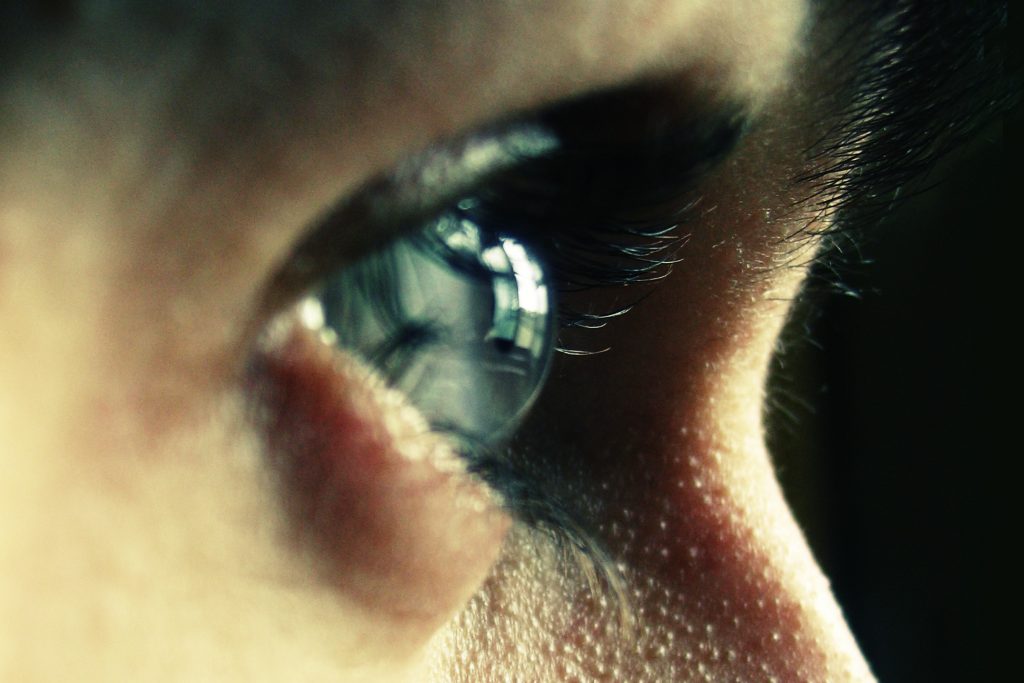 It is pretty common knowledge that our five physical senses work together to help make better sense of the world. In fact, our sense combined with our imagination and memory are really the only tools we have to understand the world around and make choices. When one of these five senses suffers, then—as in blindness or deafness—the brain learns to use any one or all of the other senses to compensate. Blind people, for example, are often more adept at identifying sounds.
It is pretty common knowledge that our five physical senses work together to help make better sense of the world. In fact, our sense combined with our imagination and memory are really the only tools we have to understand the world around and make choices. When one of these five senses suffers, then—as in blindness or deafness—the brain learns to use any one or all of the other senses to compensate. Blind people, for example, are often more adept at identifying sounds.
But a new study exemplifies this phenomenon in another way. The study says that during times of hyper visual focus, we can actually force our brains to “stop listening,” and we go deaf, temporarily.
Study author Nilli Lavie comments, “In order to hear, we don’t just need our ears to be operating; we need our brain to respond to the sound.” The University College London professor of psychology and brain sciences goes on to say, “If our brain doesn’t respond because our attention is fully taken by another task, then we experience deafness.”
She adds, “We have confirmed an experience that people commonly report, that they may fail to notice a sound when they are concentrating. It’s because the brain signal related to hearing is significantly reduced during more demanding visual tasks.”
This study is not the first to examine this phenomenon but certainly adds more evidence to the science behind it.
University of Illinois professor of psychology, Daniel Simons wrote bestselling book: “The Invisible Gorilla” which discusses human attention. While he was not involved with this study, he describes: “We can fail to notice things that are right in front of us when we are focusing our attention on other things. When you are distracted by something visual, you may not hear something that is auditory.”
